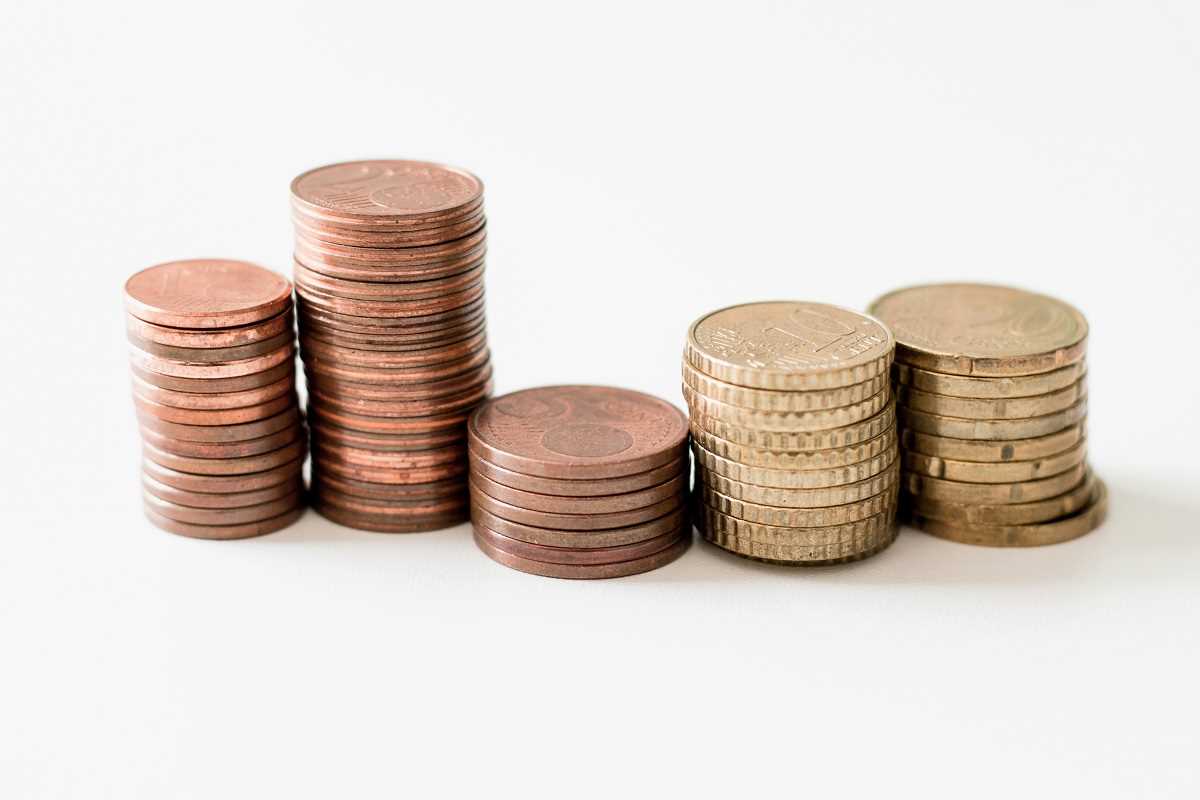Everyone loves a good bargain, especially when it comes to saving money on everyday essentials. Finding clever hacks for cutting costs on necessities can significantly impact your overall budget, allowing you to save money without sacrificing quality. Whether you're shopping for groceries, household items, or personal care products, there are various ways to stretch your dollars. Here are several strategies to help you save money on everyday necessities.
Buy Generic Brands
One of the simplest and most effective ways to cut costs is by choosing generic or store-brand products instead of their more expensive name-brand counterparts. While some consumers are hesitant to switch, studies have shown that many generic products offer the same quality as name brands at a much lower price. In fact, generic brands can be up to 30% cheaper, making them a smart choice for budget-conscious shoppers.
Store-brand products, from food to household essentials, are often produced by the same manufacturers as their pricier counterparts, but without the marketing and branding costs that drive up prices. Switching to generic for basics like canned goods, cereals, and cleaning supplies can help you save a significant amount of money over time.
Take Advantage of Sales and Coupons
Another great way to reduce costs on everyday necessities is by taking advantage of sales and using coupons whenever possible. Many grocery stores and retailers run promotions and sales events that offer substantial savings on essential items. By planning your shopping around these sales, you can stock up on items you use regularly at discounted prices.
Coupons, whether printed or digital, can also make a big difference in your spending. Many stores have loyalty apps or websites where you can download coupons directly to your account. Combining sales with coupons is an excellent strategy to maximize your savings and get more value for your money. Sign up for your favorite retailers' email newsletters to stay informed about upcoming sales and exclusive discounts.
Buy in Bulk
Buying in bulk is a tried-and-true method for saving money on everyday items. Purchasing larger quantities typically results in a lower cost per unit, which means you get more for your money in the long run. Non-perishable goods such as paper towels, toilet paper, cleaning supplies, and pantry staples like pasta, rice, and canned goods are perfect candidates for bulk buying.
When purchasing in bulk, make sure to store items properly to prevent spoilage or waste, especially when it comes to food items. A little extra storage space in your pantry or garage can go a long way in helping you save on bulk purchases, reducing your need for frequent shopping trips and helping you avoid paying full price for items when you're running low.
DIY Household Cleaners
One of the more creative ways to save money on household necessities is by making your own cleaning products. DIY cleaners are not only budget-friendly but also better for the environment and your health, as they often contain fewer harmful chemicals. With simple ingredients like vinegar, baking soda, and essential oils, you can create effective and safe cleaning solutions for a fraction of the cost of store-bought cleaners.
For example, a mixture of vinegar and water can be used as an all-purpose cleaner, while baking soda is a fantastic scrubbing agent for tough stains. These homemade solutions work just as well as commercial products and offer a more natural and economical way to keep your home clean.
Sign Up for Loyalty Programs
Retailers and grocery stores often offer loyalty programs that reward frequent shoppers with points, discounts, or exclusive deals. Signing up for these programs is usually free and can lead to significant savings over time. Many loyalty programs also provide personalized offers based on your shopping habits, allowing you to save even more on the items you buy most often.
In addition to discounts, some loyalty programs offer perks like free items after a certain number of purchases or access to members-only sales. Make sure to check for special rewards or cashback opportunities through your grocery store’s loyalty app or website to get the most out of your everyday shopping.
Meal Prep and Plan Ahead
Meal prepping and planning ahead is a highly effective strategy for reducing your grocery costs. By creating a weekly meal plan and sticking to a shopping list, you can avoid impulse purchases and buying items you don’t need. Planning meals ahead of time also enables you to buy in bulk for ingredients used across multiple meals, which reduces both the overall cost and food waste.
Preparing meals in advance can also help cut back on the temptation to order takeout or dine out, which can quickly add up. By spending a little time planning and prepping at the beginning of the week, you’ll have a steady supply of homemade meals ready to go, keeping you both full and within your budget.
Comparison Shop Online
Finally, don’t forget to comparison shop online for everyday necessities like toiletries, household items, and electronics. Many online retailers offer competitive prices, discounts, and promotions that you might not find in physical stores. Shopping online also gives you the advantage of easily comparing prices from multiple retailers, allowing you to find the best deal.
Websites and apps like Honey and Rakuten can help you find coupon codes and cashback offers when shopping online. By doing a little research and comparing prices before making a purchase, you can save money and ensure you're getting the best possible deal on everyday essentials.
Saving money on everyday necessities doesn’t mean sacrificing quality or convenience. By adopting smart shopping strategies such as buying generic brands, taking advantage of sales and coupons, buying in bulk, making your own cleaning products, and meal prepping, you can significantly cut costs. Additionally, signing up for loyalty programs and comparison shopping online can provide extra savings opportunities. With these simple tips, you can reduce your expenses and stretch your budget without compromising on the essentials.







